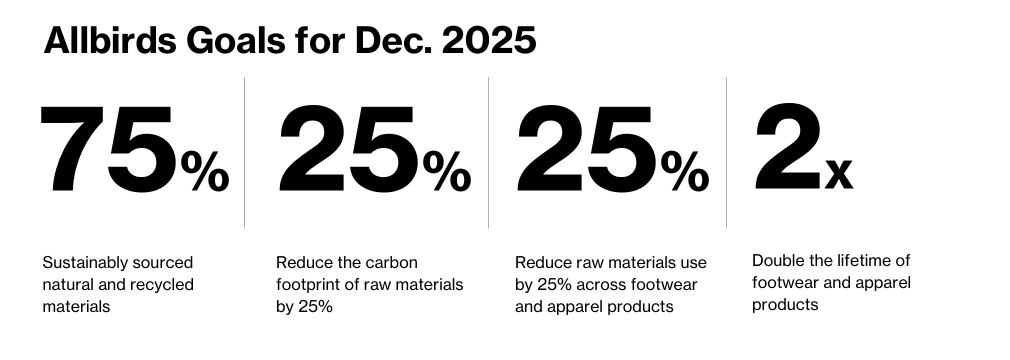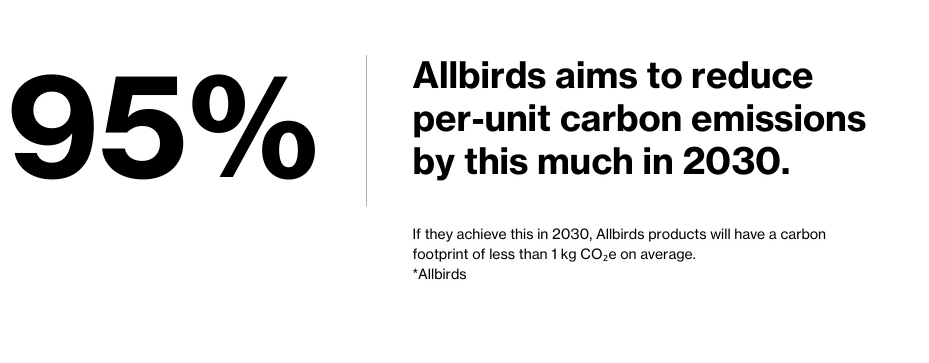This comes as consumers also are more closely scrutinizing their own behaviors and taking actions in their everyday lives to be more sustainable during the global pandemic. According to a McKinsey & Co. survey after the pandemic started in 2020, two-thirds of consumers say it has become even more important to limit impacts on climate change.
That could have big implications for brands. Of those surveyed, 67 percent consider the use of sustainable materials to be an important purchasing factor, and 63 percent consider a brand’s promotion of sustainability in the same way.
Philippa Grogan, with the sustainability consultancy Eco-Age, says these results boil down to consumers putting more of the responsibility of sustainability on corporations after years of being told consumers need to consume less and recycle more. “At some point, consumers can't just recycle their way out of climate change,” she says. “Consumers are demanding action — and honesty — from brands.”
Fashion’s footprint
Research suggests the fashion industry could benefit from following Allbirds’ lead. The industry was responsible for at least 4% of global greenhouse-gas (GHG) emissions in 2018—more than the carbon output of the economies of France, Germany and the United Kingdom combined.
Even taking into account the reduction demand linked to the pandemic, McKinsey & Co. research shows that, without substantial carbon-abatement measures, the current trajectory will lead to an industry-wide emissions level that is twice the size of that required to meet the Paris Agreement’s target for 2030.
That’s why companies like Allbirds stand as models for the future of the industry, Grogan says. “The true definition of sustainability is being able to satisfy the needs of present generations without jeopardizing the future of next generations,” she says. “Brands have to think about a completely transformative way of doing business for the survival of their fiscal ongoing and for the survival of biodiversity, the ecosystems on earth and humankind.”
Purpose plus performance
Becoming a sustainability leader requires big changes, but Allbirds proves it’s worth the effort — in both environmental and financial terms. Still, many companies are unsure of where to begin.







